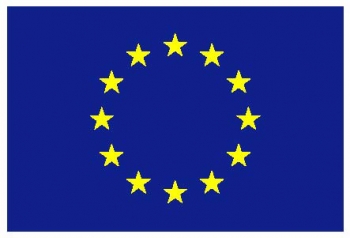
The EU Parliament has said NO to exemptions, insists on project reporting, wants low threshold of 80000 EUR. The committee also proposes to extend country-by-country information requirements to the banking, telecoms and construction sectors.
What happened?
The European Parliament voted on the country by country reporting standard yesterday. Please see the "press release from the EU parliament"
What did they vote on?
The EU parliament Parliament voted for the amended country by country reporting proposal that has been discussed over the last months.
What does this voting mean?
This means that The European Parliament with this voting gave the mandate to start negotiations with the Council.
What happens now then?
There are no dates available on the further process at this moment. The voting was more or less to give the mandate to start negotiations with the council. All now depends upon when the Parliament and the Council gets in contact with each other. It can be weeks or it can be months. Or weeks can easily turn into months. PWYP Norway hopes this may happen in the end of the year.
What does the Rappporteur on the Transparency Law think about the voting?
Arlene McCarthy, the Parliament Rapporteur on the Transparency law, said after the vote in the legal affairs committee, September 18th 2012: "I am pleased the committee has overwhelmingly backed my compromises for a strong law on transparency and disclosure for the extractive industries.
he vote is a clear rejection of the 27 Member States weak proposals for disclosure of country by country payments and reporting in the extractive industries. "We have not given in to the pressure of industry and government lobbying for a weak transparency regime. We are insisting on project by project reporting with a low threshold of 80 000 EUR for payment disclosure. We refused to accept exemptions which would create large loopholes in the law.
Arlene said: "Project-level disclosure is the only way in which local communities in resource-rich countries are able to expose corruption and hold their governments accountable for using revenues towards development. More importantly, these rules will enable citizens to expose corruption.
Arlene added: “In 2008, exports of oil, gas and minerals from Africa were worth roughly 9 times the value of international aid to the continent ($393 billion vs $44 billion), yet many of these countries remain trapped in poverty. Developing countries around the world are being robbed of the chance to earn vital revenue from oil, gas and other mining resources. With this vote we now have a strong negotiating mandate to force the Member States and Commission to accept the Parliament's amendments, putting us on track to create strong global transparency standards, with equivalent rules in the EU and the US."
